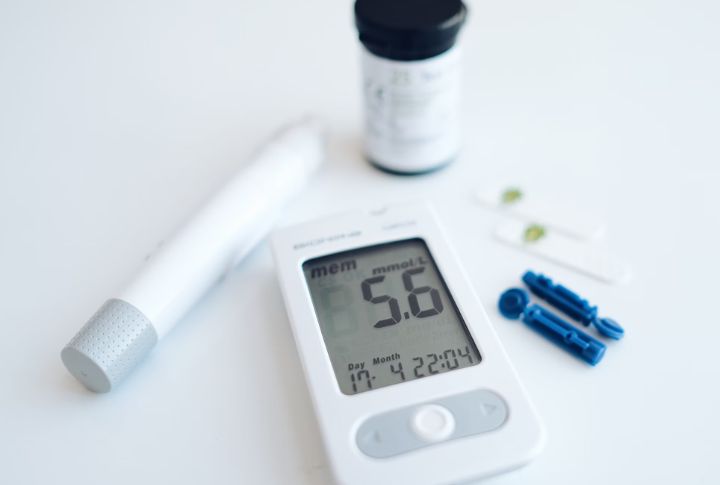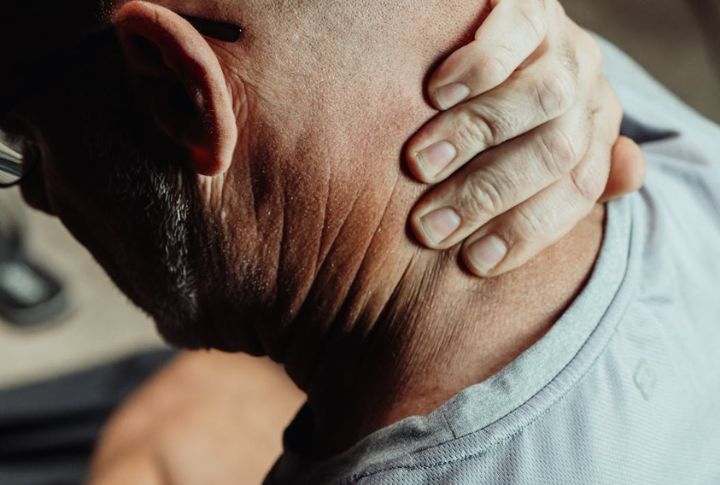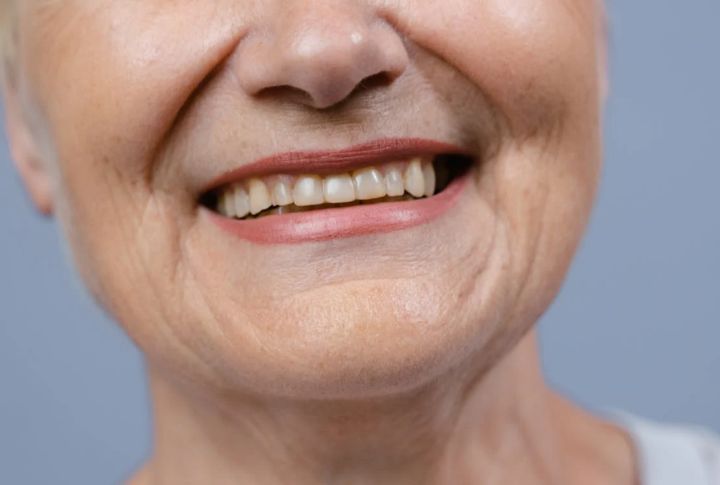
Coffee doesn’t suddenly lose its magic once you hit a certain age. In fact, it might just start showing off a little. Past 60, your daily brew may come with some unexpected extras that aren’t printed on the label. Some are subtle, others are shockingly helpful—but all are worth knowing. Here are the benefits your coffee habit might be quietly serving.
Coffee Boosts Brain Function In Older Adults

Caffeine sharpens memory recall and keeps older adults alert during the day. Many seniors notice clearer thinking and fewer mental lapses after drinking coffee. This stimulating effect lasts longer in older adults due to slower metabolism, which makes coffee an effective aid for brain function after 60.
Four Cups Daily May Lower Risk Of Stroke

Natural compounds in coffee support circulation by promoting artery flexibility and responsiveness. Because of that, drinking around four cups a day helps maintain steady blood flow. Older adults usually report fewer dizzy spells and less heaviness in their limbs. Over time, this improved circulation contributes to a lower risk of stroke for regular coffee drinkers.
Steadies The Heartbeat Without Jitters

Turns out, a steady coffee habit might help calm a jumpy heartbeat. In fact, moderate caffeine levels have been linked to fewer arrhythmias and even fewer trips to the hospital. Those who drink coffee regularly often notice smoother energy without the racing heart or jitters, which allows older adults to maintain a balanced rhythm.
Helps Keep Blood Sugar Levels In Check

When paired with meals, coffee may help slow the release of glucose thanks to its chlorogenic acid content. That slower release supports insulin sensitivity and minimizes sharp spikes or crashes in blood sugar. Plus, drinking it with breakfast usually leads to steadier energy levels and improved appetite control as the day begins.
Supports Liver Health With Every Cup

Coffee stimulates the liver to process and eliminate toxins more efficiently. It also increases bile production to aid in fat digestion. Some coffee drinkers notice less bloating and a lighter feeling after meals. Over time, consistent consumption supports stronger liver function and allows the body to digest fatty foods more smoothly.
Lifts Mood And Eases Low-Energy Blues

Natural stimulants in coffee encourage the release of feel-good brain chemicals, easing tiredness, mental fog, and feelings of isolation more quickly. Additionally, the scent triggers positive emotions, while daily coffee rituals offer older adults a dependable way to anchor the day and lift low-energy moods.
Powers Up Aging Muscles For Daily Tasks

Caffeine boosts muscle fiber response, so aging muscles work more efficiently and stiffness is reduced. As a result, tired arms and legs feel more cooperative, which improves movement and grip strength. Having coffee before chores or a walk can ease fatigue and support longer activity. This shift makes everyday tasks feel more manageable.
Eases Digestion And Keeps Things Moving

Natural acids and warmth in coffee stimulate the digestive system almost immediately and encourage regular bowel movements. For some older adults, morning coffee prompts gut activity within minutes and feels more reliable than laxatives or fiber pills. That consistency turns it into a trusted part of their daily digestive routine.
Reduces Inflammation Linked To Aging

Daily coffee intake supplies antioxidants that calm tissues prone to swelling and stiffness. This helps reduce aches in joints and muscles while speeding up relief from morning stiffness. Additionally, the brew fights inflammation triggered by sugary or processed foods, supporting more comfortable and healthier movement as the body ages.
Offers Surprising Perks For Oral Health

Black coffee supports oral hygiene by targeting harmful bacteria that affect teeth and gums. When creamers or sweeteners are left out, these benefits become more noticeable. Breath usually stays fresher throughout the day. Over time, consistent drinkers tend to experience fewer issues with plaque buildup and less sensitivity around the gums.

